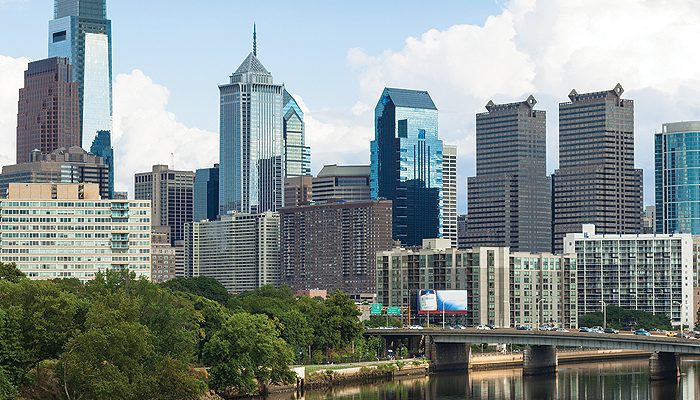How to stay safe
Very hot weather can make people sick, even healthy adults. Older adults, people who are pregnant, infants and young children, and people with some medical conditions are at higher risk.
You can prepare by learning the signs of heat-related illness and strategies to stay cool.
Signs of heat-related illness
Muscle cramps may be the first sign of heat-related illness.
Symptoms may include:
- Heavy sweating.
- Painful muscle spasms, often in the abdomen, arms, or calves.
What to do:
- Stop activity and move to a cooler location.
- Drink water.
- Seek medical attention if cramps persist for more than one hour.
Heat exhaustion can develop after several days of exposure to high temperatures and inadequate replacement of fluids. People are most prone to heat exhaustion if they:
- Are 65 years old or older.
- Have high blood pressure.
- Work or exercise in a hot environment.
Symptoms may include:
- Heavy sweating.
- Headache.
- Weakness.
- Fatigue.
- Dizziness.
- Fainting.
- Nausea.
- Vomiting.
What to do:
- Go to an air-conditioned space. On especially hot days, the City opens cooling centers.
- Sip cool, non-alcoholic beverages.
- Take a cool shower or bath.
- Rest.
- Seek medical attention if symptoms persist for more than one hour.
Heatstroke is the most serious heat-related illness. Heatstroke can cause death or permanent disability without emergency treatment.
Symptoms may include:
- Very high body temperature (above 103°F).
- Red, hot, dry skin (no sweating).
- Confusion.
- Throbbing headache.
- Nausea.
- Unconsciousness.
If you see someone with these symptoms, call 911 immediately. This is a medical emergency.
Tips to stay cool
Stay hydrated:
- Drink plenty of water. Don’t wait until you’re thirsty to drink.
- Avoid alcohol, caffeine, and sugary drinks.
When you’re outside:
- Avoid working, exercising, or playing outside during the hottest part of the day (usually noon to 5 p.m.).
- Slow down. Rest in the shade or a cool place when you can.
- Wear lightweight, light-colored, and loose-fitting clothes.
- Wear a wide-brimmed hat or use an umbrella for shade.
At home:
- Use air conditioners and fans. If you use a fan, make sure your windows are open to release trapped hot air.
- Use drapes, shades, or awnings in your home. Outdoor awnings can reduce the heat that enters the home by up to 80 percent.
- Take a cool shower or bath.
- Visit a friend with air conditioning or spend time in a cool place like a mall, library, senior center, or cooling center. Even a few hours in air conditioning during the hottest part of the day can help your body recover.
Remember:
- Never leave older people, children, or pets alone in cars.
- Check on older adults who live alone.
Fire hydrants:
Fire hydrants are for fighting fires. Opening hydrants to cool off decreases water pressure. This makes it harder for Philadelphia firefighters to do their jobs. It can also damage water mains. If you see an open hydrant, call the Water Department’s emergency line at (215) 685-6300.
Help with utility bills
These programs can help you pay your utility bills to keep your home cool:
- Neighborhood Energy Centers: Apply for bill payment assistance, learn how to conserve water, gas, and electricity, and get energy counseling.
- Basic Systems Repair Program: Get free repairs for electrical, plumbing, heating, structural, and roofing emergencies in eligible owner-occupied homes.
- Utility Emergency Services Fund (UESF): Find grants to help pay home electricity bills.
- PECO Customer Assistance Program (CAP): Get a monthly credit toward your PECO bill.
Extreme heat events
During very hot weather, the City may declare a heat health emergency.
In a heat health emergency:
- A special Heatline is open for calls: (215) 765-9040. Call the Heatline to get health safety tips and talk to a nurse about medical problems related to the heat.
- Cooling centers stay open later.
- Mobile heat health teams may be dispatched.
- Residential utility shutoffs stop.
If you think someone is having a medical emergency, call 911.
Emergency notifications
Sign up for ReadyPhiladelphia to get text and email notifications about heat and other emergencies. The alerts are free, but your wireless provider may charge for text messaging.
Código vermelho
Durante um clima muito quente, a cidade pode declarar um Código vermelho para proteger as pessoas que estão desabrigadas. O Código vermelho também afeta os cuidados com animais de estimação.
Para pessoas que estão desabrigadas:
- Ligue para a equipe de divulgação pelo telefone (215) 232-1984 se encontrar alguém na rua que precise de ajuda.
- Ligue para o 911 se houver uma emergência médica.
Para animais de estimação:
- Todos os cães devem ter sombra para protegê-los do sol. Se você não fornecer sombra para seu cachorro, poderá enfrentar uma multa de $500 ou mais.
- Para denunciar um cachorro deixado ao ar livre em um clima muito quente, ligue para a Equipe de Cuidado e Controle de Animais (AcctPhilly) pelo telefone (267) 385-3800.

